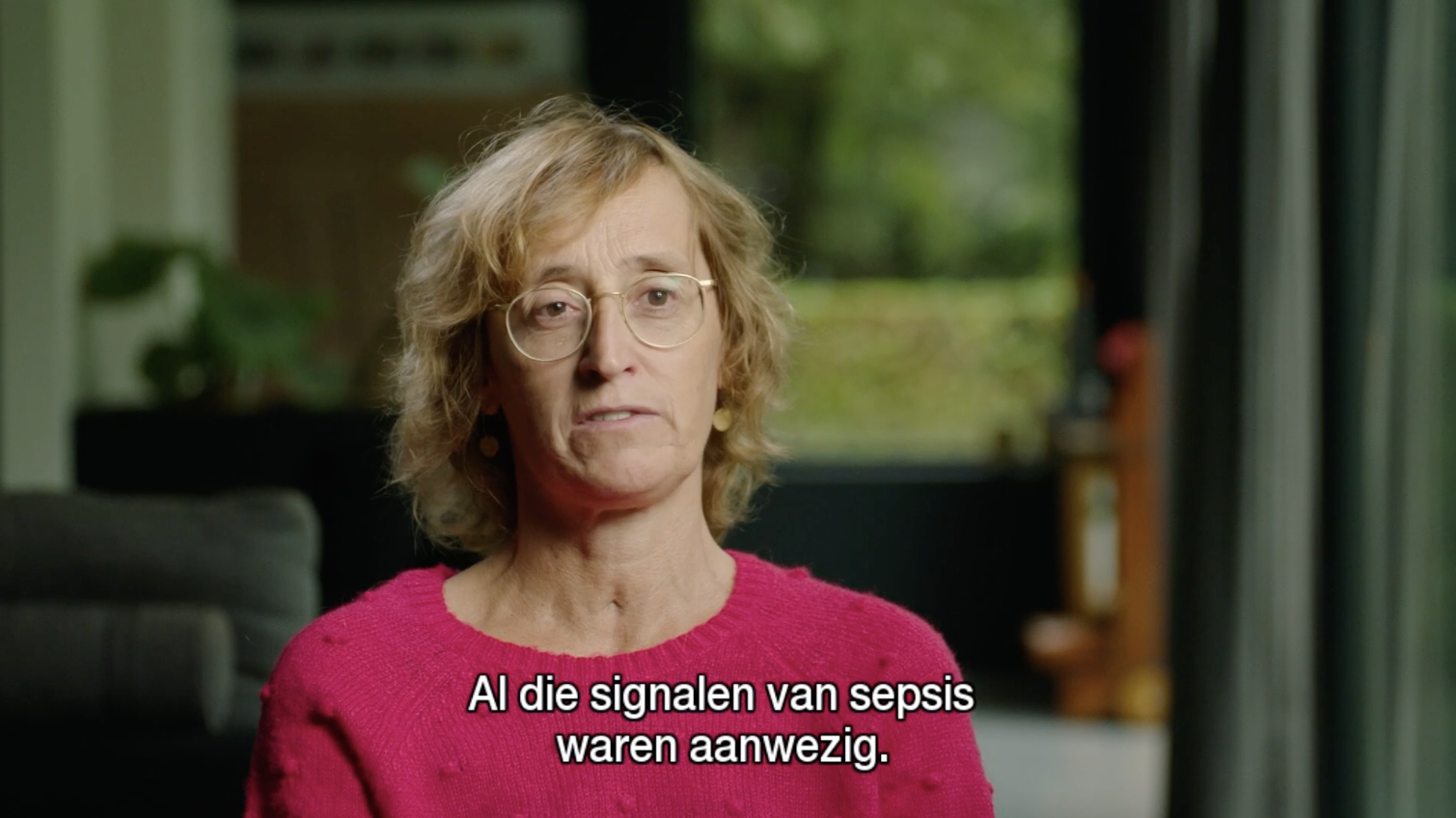Niranjan ‘Tex’ Kissoon, President of the Global Sepsis Alliance, announces the date and theme of the next World Sepsis Congress Spotlight.
On Tuesday, April 23, 2024, the GSA and the Physician-Patient Alliance for Health & Safety (PPAHS) will host the 2024 WSC Spotlight, titled “Unmet Need in Sepsis Diagnosis and Therapy”.
“We are delighted to welcome thousands of colleagues from around the world to another unique opportunity to explore and discuss the latest trends and developments in sepsis practice, research, and innovations.”
Dr. Niranjan ‘Tex’ Kissoon
As always, the 2024 WSC Spotlight will be free of charge and completely virtual, enabling broad participation from all parts of the world. For years, the WSCs have engaged between 8,000 and 20,000 scholars and practitioners from more than 180 countries.
Over one day and 9 highly relevant sessions, over 40 internationally renowned speakers, panelists, and moderators will address the role of AI, predictive modeling in sepsis, the need for early diagnosis and treatment of sepsis in surgical patients, the role of biomarkers, personalized approaches to sepsis management, how hypervolemia increases the mortality risk in sepsis, community programs to prevent and diagnose sepsis, and much more.
Whatever topic and speaker is most relevant to you, the Program Chairs Louise Thwaites, Board Member of the GSA and APSA, and Michael Wong, Founder and Executive Director of PPAHS, are excited to welcome you on April 23.
Dr. Louise Thwaites
Michael Wong
Just as with our previous World Sepsis Congresses in 2016, 2018, 2021, and 2023, and WSC Spotlights in 2017, 2020, and 2022, this free online congress brings together highly ranked representatives of international and national healthcare authorities, non-governmental organizations, policymakers, patients, patient advocacy groups, clinical scientists, researchers, and pioneers in healthcare improvement.
We will share more details on the program, speakers, and exact times later this month – stay tuned.



























